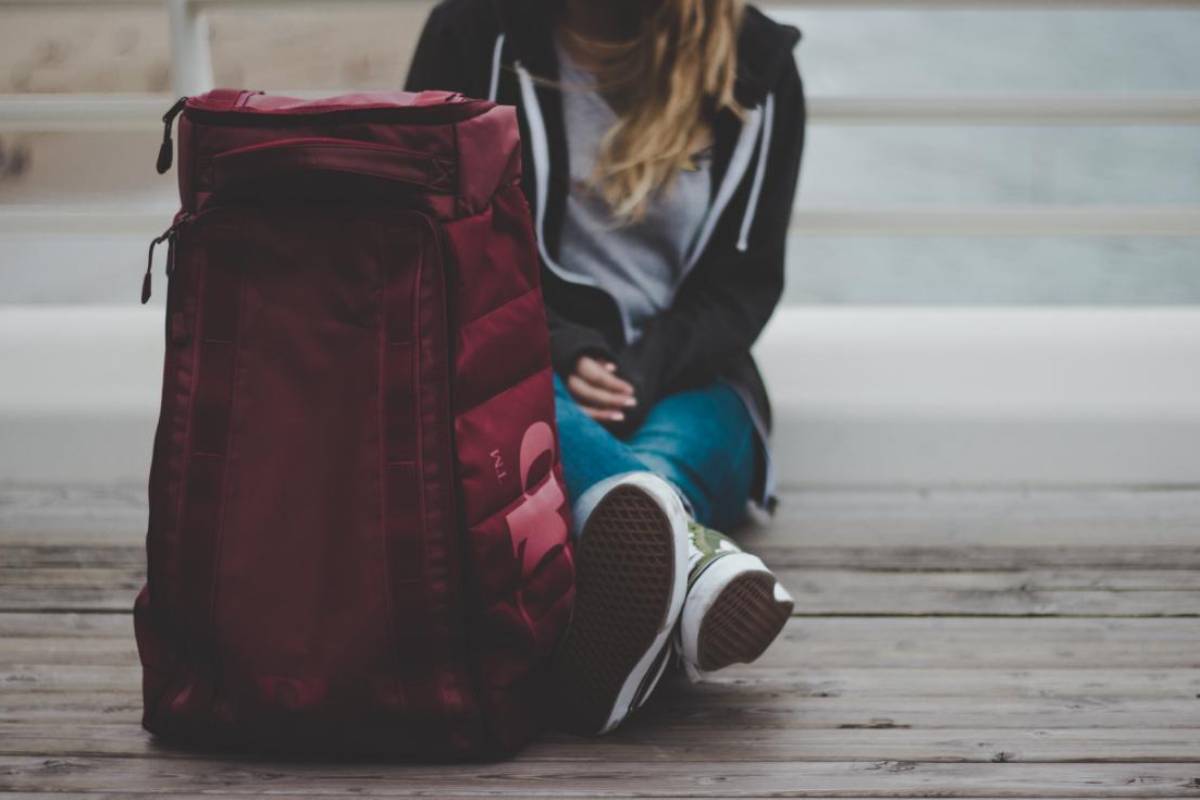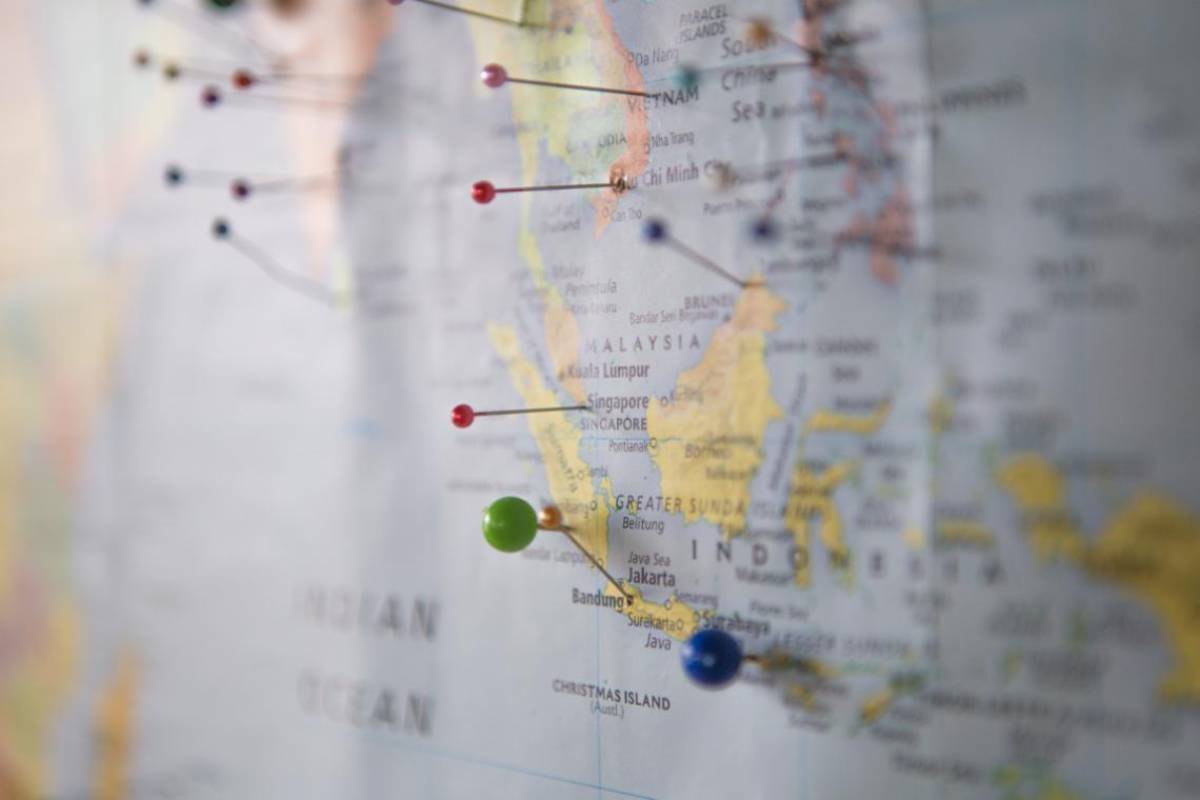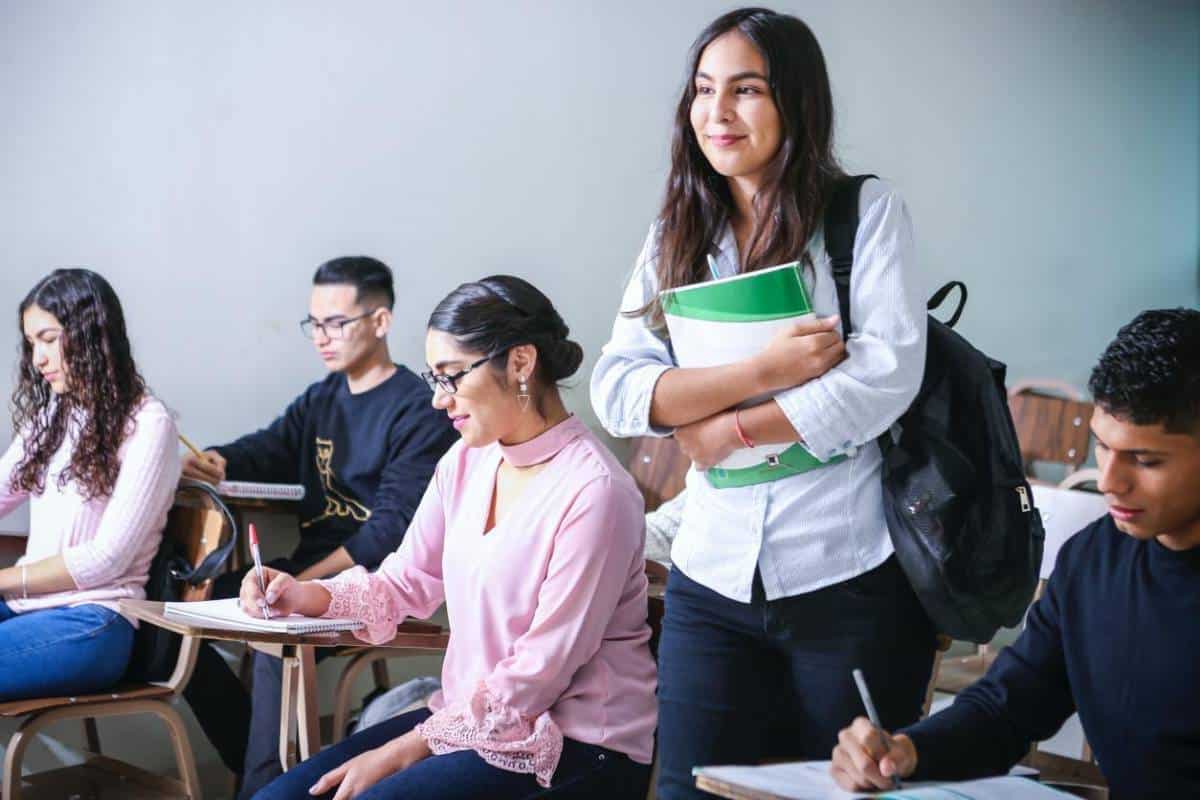“Every day is a journey, and the journey itself is home.”

According to a research article by Patibanda and others, combining education and travel presents both opportunities and challenges. The study reveals that educational travel programs enhance cultural understanding, language skills, and personal development. However, logistical concerns, cost, and limited accessibility are important challenges that must be addressed to ensure educational travel is accessible to all students.
This article contemplates the potential advantages and challenges of intertwining education and travel. It investigates the opportunities that stem from this mutually beneficial relationship, all the while acknowledging the difficulties encountered in merging these two domains. Perhaps considering the option of hiring someone to do math homework could be a solution to navigate these challenges.
Contents
- 1 The Importance of Travel in Education
- 2 Cultural Immersion and Language Learning
- 3 Historical and Architectural Exploration
- 4 Environmental and Ecological Education
- 5 Challenges and Limitations of Combining Education and Travel
- 6 Financial Constraints and Accessibility
- 7 Balancing Travel and Academic Responsibilities
- 8 Practical Considerations: Safety and Logistics
- 9 Final Highlights
The Importance of Travel in Education
Traveling is vital for education as it offers unique learning opportunities. By exploring different places, students broaden their perspectives and develop a deeper understanding of the world. Travel allows them to witness firsthand the diversity of cultures, traditions, and landscapes, enhancing their cultural awareness and empathy towards others. Additionally, it provides practical knowledge beyond textbooks. Students can experience historical sites and museums, helping them connect theory with real-life scenarios. Furthermore, travel fosters independence and adaptability as students face new environments and challenges. They learn problem-solving skills and become self-reliant. Immersion in different languages also improves communication abilities. Ultimately, travel builds a well-rounded education, shaping well-informed individuals capable of critical thinking and understanding complex global issues. Therefore, integrating travel as part of education nurtures a more comprehensive and enriching learning experience for students.

Cultural Immersion and Language Learning
Cultural immersion and language learning involve fully immersing oneself in a foreign culture to acquire a deep understanding of its customs and traditions. By actively participating in the daily life of another country, one can develop a profound appreciation for its history, art, music, and way of life. Through this hands-on experience, individuals can broaden their knowledge and gain new perspectives, leading to personal growth and increased cultural sensitivity.
Language learning is an integral part of cultural immersion as it enables effective communication and fosters meaningful connections with the locals. By studying and practicing the language in its native environment, one can quickly grasp its intricacies and nuances, enhancing language proficiency. This not only allows for smoother integration into the culture but also facilitates interactions with locals, fostering genuine relationships and mutual understanding.
Traveling, as an essential component of education, provides unique opportunities to explore different cultures, languages, and people. It offers a practical and experiential learning environment that cannot be replicated in a classroom. The exposure to diverse traditions and perspectives allows individuals to challenge their preconceived notions, broaden their horizons, and develop an appreciation for the diversity of our world.
In conclusion, cultural immersion and language learning through travel are invaluable educational experiences that promote personal growth, cultural understanding, and open-mindedness. They provide a unique opportunity to learn from firsthand experiences, fostering a deep appreciation for the richness of global cultures and languages.
Historical and Architectural Exploration
A Historical and Architectural Exploration is an educational journey that delves into the history and architecture of different places. This form of travel allows individuals to learn about the past while appreciating the beauty of various structures.
Through this exploration, one can visit ancient sites, such as temples, castles, and ruins, to understand the historical significance they hold. This provides an opportunity to witness firsthand the remnants of civilizations that have shaped our world. Additionally, exploring architectural marvels like cathedrals, palaces, and museums allows us to appreciate the intricate craftsmanship and innovation of different time periods.
Traveling serves as a means to broaden one’s knowledge about diverse cultures and societies. By immersing oneself in the historical and architectural context of different regions, individuals can gain a deeper understanding of humanity’s collective journey. This can help foster a greater appreciation for our shared history and the contributions made by various civilizations.
In conclusion, a Historical and Architectural Exploration is an educational endeavor that combines the exploration of historical sites and architectural wonders. This form of travel allows individuals to delve into the past, appreciate the beauty of different structures, and gain a deeper understanding of our shared history.
Environmental and Ecological Education
Environmental and Ecological Education is the process of acquiring knowledge and understanding about the environment and its ecosystems. It aims to promote awareness and appreciation for the natural world. Traveling plays a crucial role in this education, as it provides opportunities to directly engage with diverse environments and witness firsthand the interconnections between different ecosystems.
Through traveling, individuals can explore various habitats such as forests, wetlands, or coral reefs, and learn about the plants, animals, and microorganisms that inhabit them. This experiential learning enables people to observe the delicate balance that exists in nature and understand the importance of its preservation.
Moreover, traveling offers the chance to encounter different environmental challenges and learn about local conservation efforts. It provides insight into environmental issues such as deforestation, pollution, or climate change, and allows individuals to understand the impacts of human activities on ecosystems. By experiencing these challenges, people can develop a sense of responsibility and be inspired to take actions to protect the environment.
Traveling for environmental and ecological education is not just about visiting distant and exotic locations; it can also involve exploring one’s own local environment. This encourages individuals to develop a personal connection with their surroundings and understand the unique characteristics and conservation needs of their own communities.
In summary, environmental and ecological education aims to foster knowledge and appreciation for the natural world. Traveling is a crucial component of this education as it provides hands-on experiences, exposes individuals to various ecosystems, and raises awareness about environmental challenges. By engaging in travel-based education, people can develop a deeper understanding of the environment and become motivated to contribute to its conservation.

Challenges and Limitations of Combining Education and Travel
Combining education and travel can indeed present challenges and limitations. One challenge is the financial aspect, as traveling can be expensive and not all students may have the financial means to access such opportunities. Moreover, coordinating travel plans with educational objectives can be difficult to ensure a seamless integration of both components. Limited time could also be a constraint, as academic institutions have specific curricular requirements and time constraints, making it challenging to allocate sufficient time for travel experiences. Another limitation lies in the availability of educational resources during travel, as access to libraries, research centers, and materials may be limited in certain destinations, affecting the depth and quality of the educational experience. Additionally, language barriers can hinder effective learning during travel, as understanding and engaging with educational materials in a foreign language may pose difficulties. Lastly, issues related to safety and security in unfamiliar environments can also be limitations, as ensuring the well-being and protection of students during travel is of paramount importance. Despite these challenges and limitations, carefully planning and integrating travel experiences with education can still yield valuable opportunities for students to broaden their horizons and enhance their learning.
Financial Constraints and Accessibility
Financial constraints refer to limitations or restrictions that arise due to a lack of sufficient financial resources. Accessibility, on the other hand, relates to one’s ability to approach or reach something, such as travel destinations. When we consider education, it is often acknowledged that travel can be an integral part of the learning process.
However, financial constraints can hinder the accessibility of travel. Without enough funds, individuals may not be able to afford transportation, accommodation, or other necessary expenses associated with traveling. This can limit their ability to explore different cultures, experience diverse environments, and gain new perspectives.
Lack of accessibility to travel restricts educational opportunities and the exposure to new ideas, knowledge, and experiences that come with it. It may prevent individuals from broadening their minds, developing cultural awareness, or understanding global issues. Therefore, acknowledging financial constraints and finding ways to overcome them is important to ensure equal opportunities for education, allowing individuals to expand their horizons and enhance their learning journey.

Balancing Travel and Academic Responsibilities
Balancing travel and academic responsibilities is important as traveling is considered a valuable aspect of education. While studying is essential for acquiring knowledge, exploring different places can provide practical learning experiences. It is vital to manage time efficiently to balance these two aspects effectively.
Scheduling travel plans around academic commitments allows individuals to broaden their horizons and learn about various cultures and lifestyles. By allocating specific time periods for travel, students can gain firsthand insights that complement their theoretical knowledge, enhancing their overall educational experience.
Prioritizing academic responsibilities is crucial during study periods to ensure consistent progress in learning. By creating a well-structured study plan, students can efficiently manage their time, avoiding any possible conflicts between travel and academic commitments.
While traveling, it is important to dedicate sufficient effort to study and not compromise academic development. Allocating specific time for educational tasks during trips ensures that educational goals are met effectively.
In conclusion, balancing travel and academic responsibilities is necessary as traveling is a vital part of education. By managing time effectively and allocating appropriate attention to both aspects, individuals can reap the benefits of gaining knowledge from different perspectives while also excelling academically.
Practical Considerations: Safety and Logistics
When considering the educational value of traveling, it is essential to address the practical aspects of safety and logistics. Safety should be a prime concern to ensure the well-being of students during their travels. Adequate planning, emergency protocols, and ensuring access to medical facilities are crucial in maintaining a secure environment. Additionally, logistics can impact the success of an educational trip. Proper arrangements for transportation, accommodation, and itineraries must be made to ensure a smooth experience. By addressing these practical considerations, students can engage in the educational benefits of travel while minimizing risks and logistical challenges.
Final Highlights
Incorporating education and travel has been both enlightening and challenging. As I ventured beyond the classroom, I discovered the immense value of real-world experiences in deepening my understanding of different cultures, customs, and perspectives. However, navigating the logistical demands, such as time constraints and financial considerations, has proven to be a hurdle. Despite the obstacles, the opportunities for personal growth and intellectual enrichment that come with combining education and travel are truly unparalleled.

Karen, your post struck a chord with me. The way you illustrated the nuances of sustainable living through everyday examples was phenomenal. Have you ever thought about exploring the impact of micro-plastics on soil health? It could be an eye-opener for many. Additionally, readers may benefit from knowing ways to reduce their digital carbon footprint. I remember how I was taken aback when I first learned about the energy consumption of data centers. And let’s not forget the small victories, like when I managed to reduce my household’s waste by half through composting. Isn’t it amazing how tiny changes can make a huge difference? Looking forward to your thoughts. Keep these insightful articles coming!